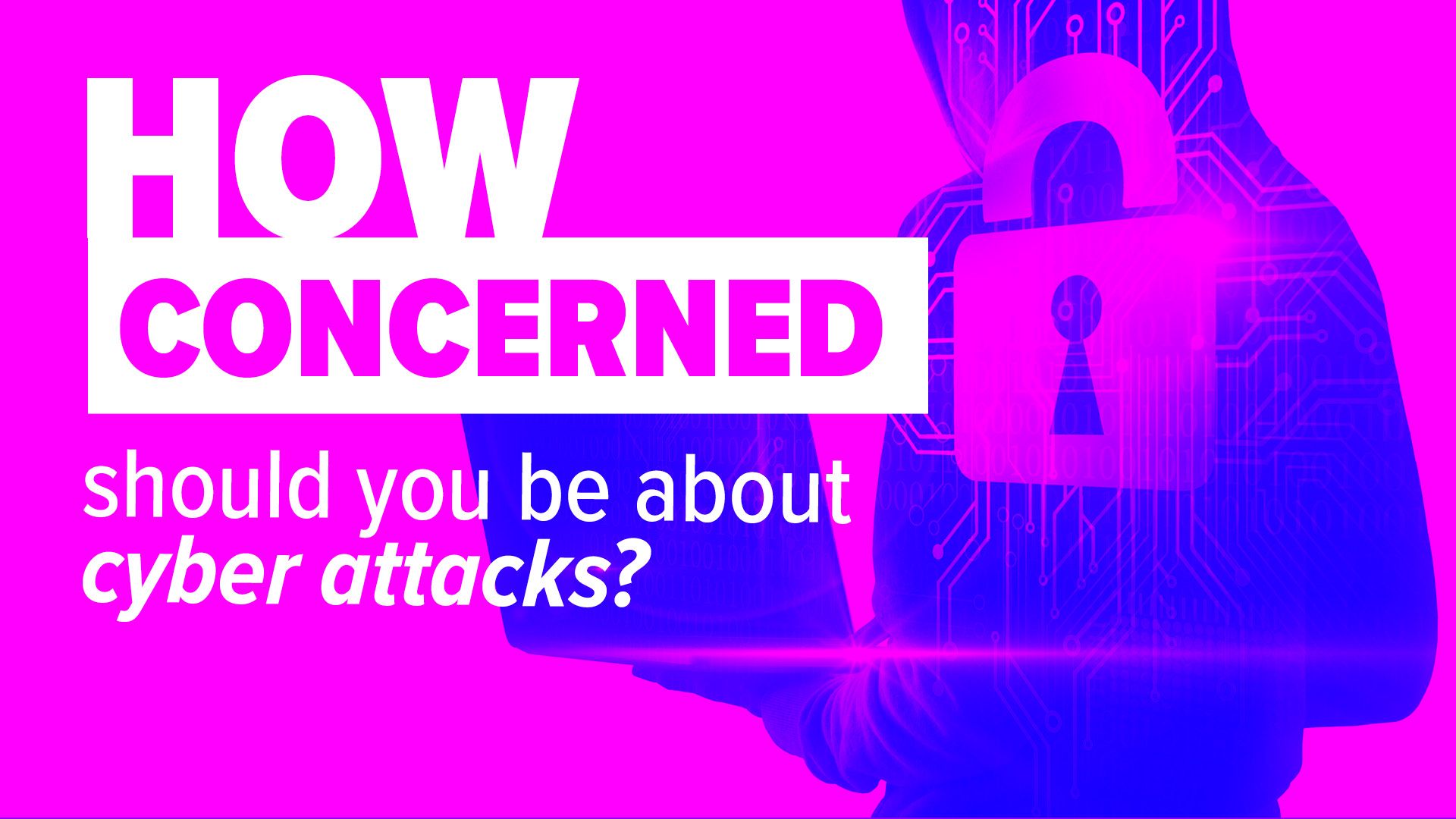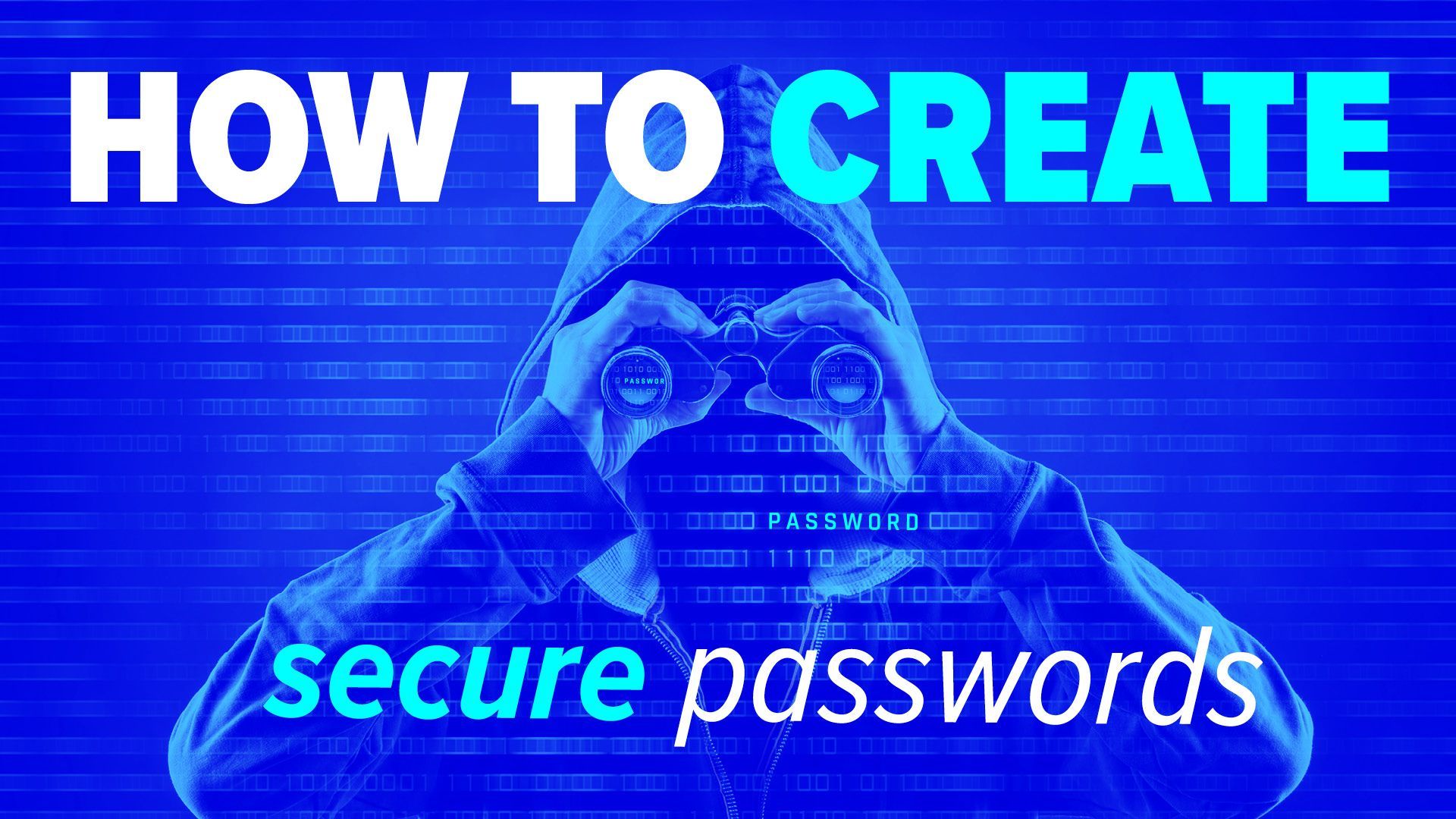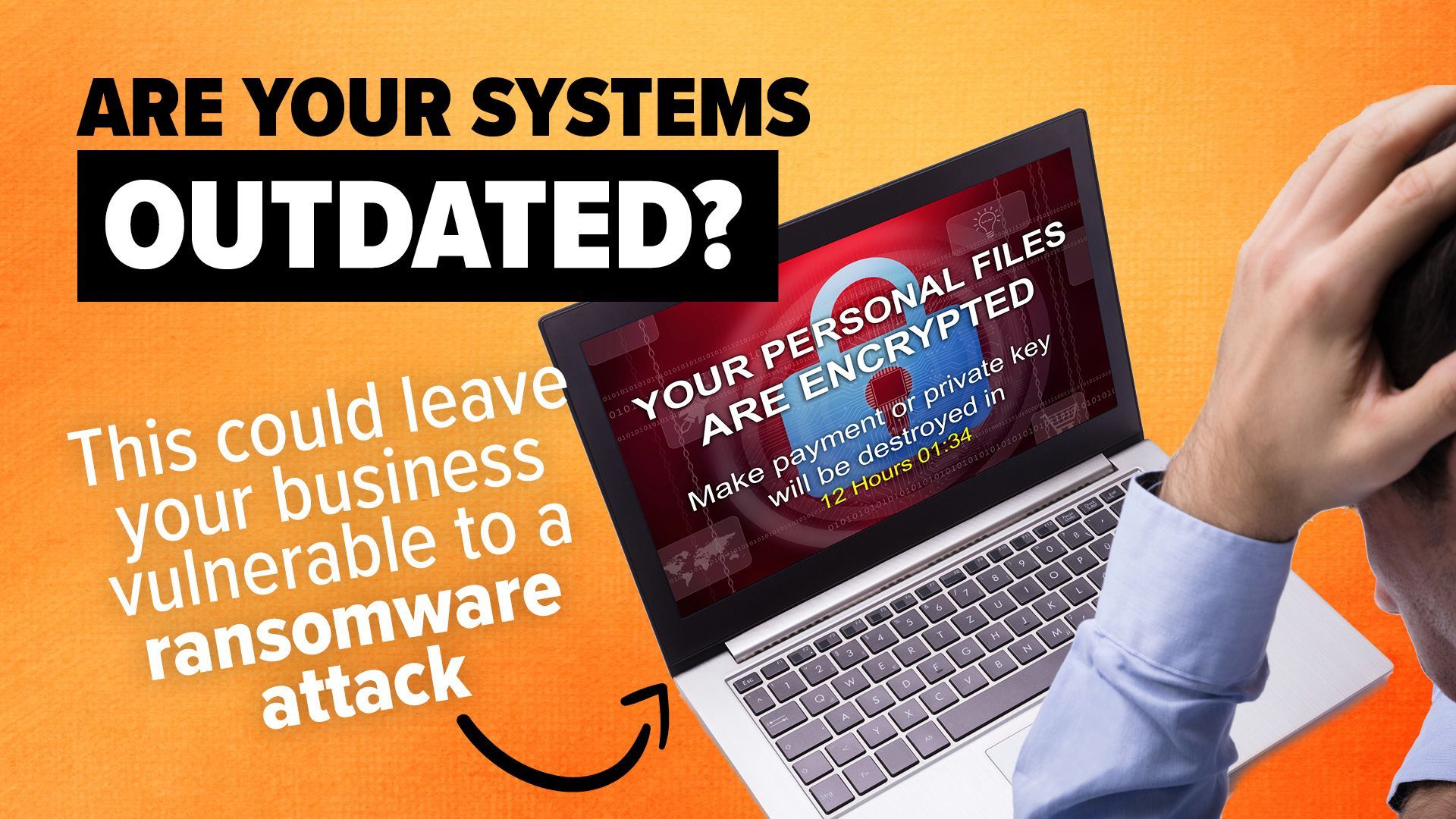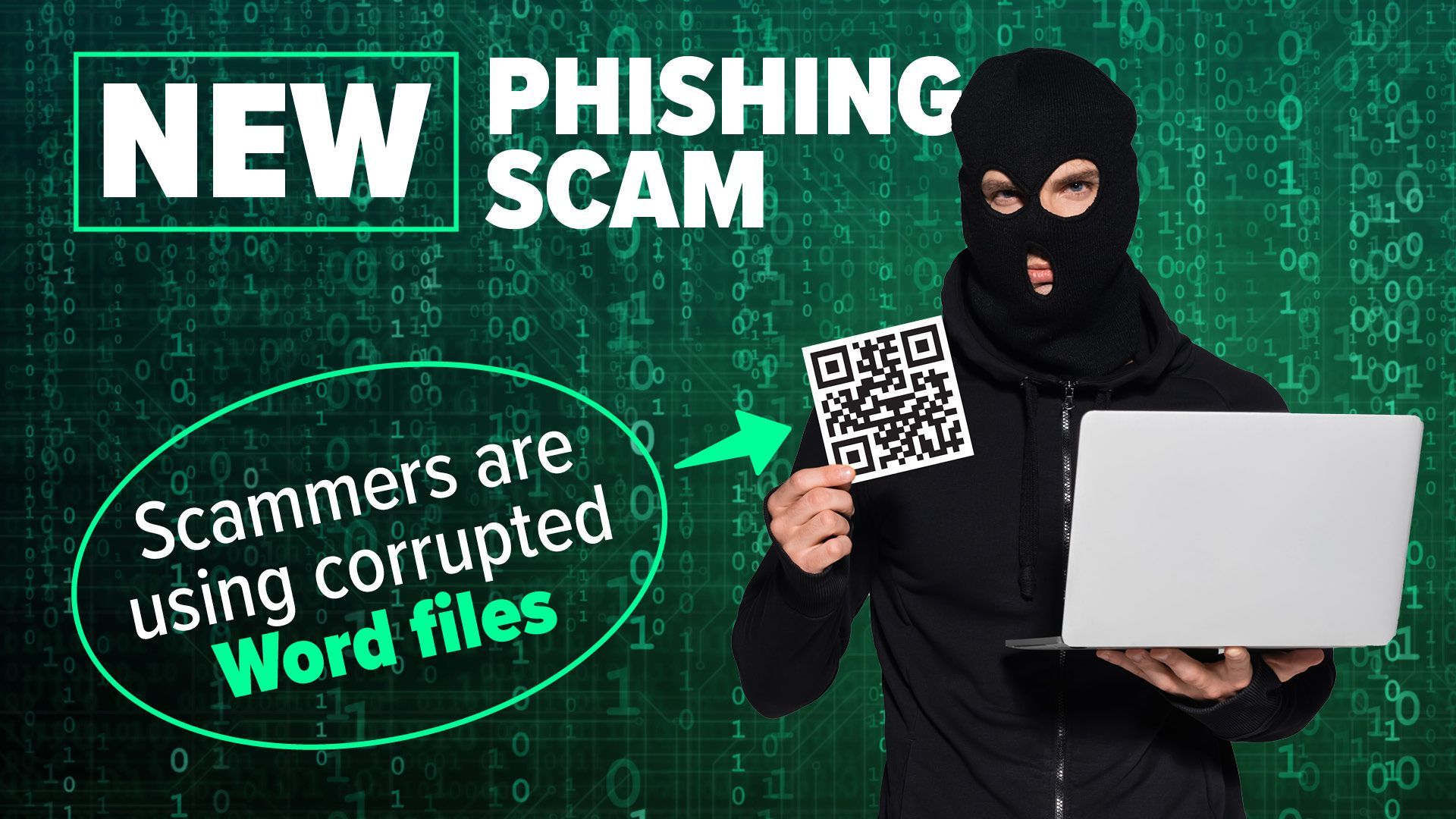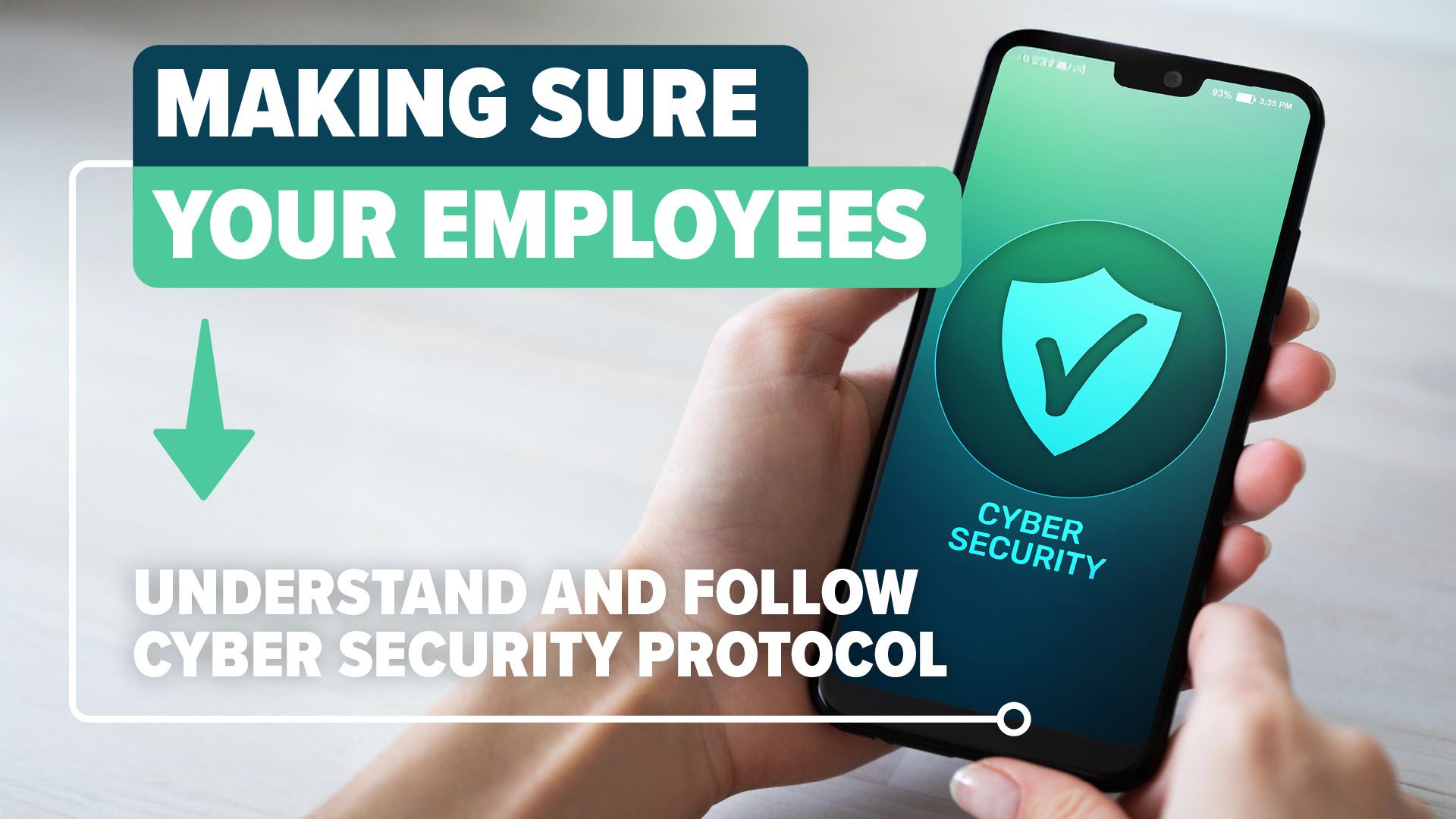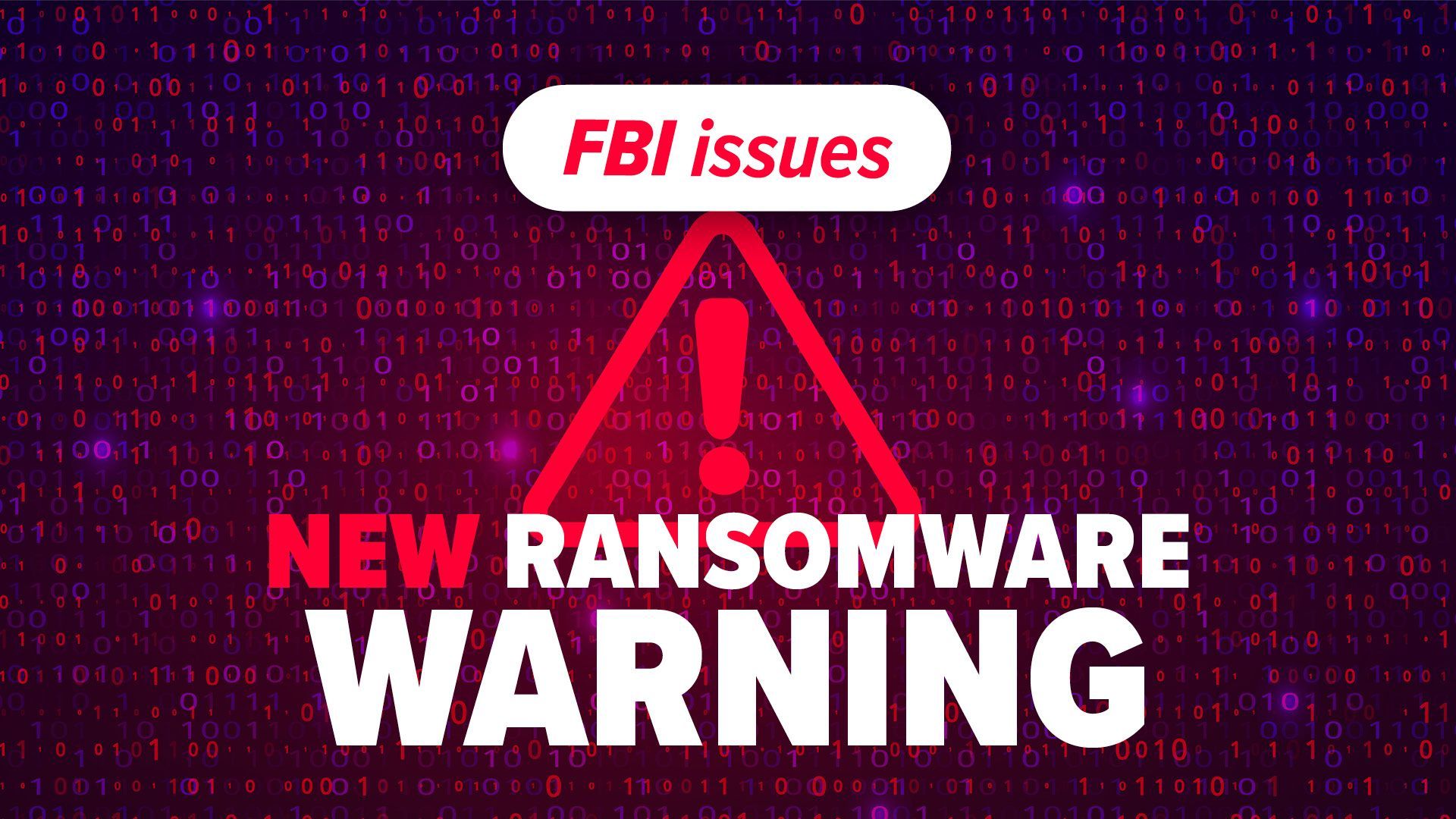Overconfidence in Cybersecurity: Why It Puts Your Business at Risk
Your team is smart, capable, and tech-savvy. They know not to click suspicious links or open strange attachments. They’ve heard of phishing emails and understand how scammers operate. So, it’s easy to assume they’d never fall for a scam.
But that assumption can be dangerous.
The False Sense of Security
Just because someone feels confident in spotting a phishing attack doesn’t mean they actually can. In fact, a recent study found that 86% of employees believe they can confidently identify phishing emails—yet more than half have fallen for a scam at some point. These are people who knew what phishing was and still got tricked.
That’s because phishing tactics have become much more advanced. Scammers no longer rely on obvious or poorly written messages. Today’s phishing attempts are designed to look completely legitimate, often mimicking:
- Bank or supplier communications
- Fake but professional-looking invoices
- Messages that appear to come from colleagues
The more realistic these emails appear, the harder they are to spot—especially when someone is overconfident in their ability to detect threats.
The Dunning-Kruger Effect in Action
This misplaced confidence is a textbook example of the Dunning-Kruger effect, a psychological phenomenon where individuals overestimate their knowledge or skills. In the workplace, it can lead employees to skip basic precautions like double-checking links, verifying unexpected messages, or reporting anything suspicious.
When employees assume they’re immune to scams, they often behave as though the risks don’t apply to them—creating dangerous gaps in your cybersecurity defenses.
Awareness Is Your First Line of Defense
The good news? This risk can be reduced with the right training and mindset. Phishing awareness training is one of the most effective ways to help employees recognize both traditional and modern scams. Regular sessions keep security top of mind and help employees stay alert to evolving threats.
However, training alone isn’t enough. To be truly effective, it must be supported by a workplace culture that encourages reporting. Employees should feel comfortable flagging suspicious emails without fear of embarrassment or reprimand. Otherwise, potential threats may go unreported—and unaddressed.
Vigilance Over Confidence
Cybersecurity isn’t about how smart your employees are—it’s about how cautious they are. Even your most tech-literate team member can fall victim to a well-executed phishing email. The key is to remain skeptical, question unexpected messages, and never assume that awareness alone is enough.
The reality is, the moment someone thinks “I’d never fall for that,” is often the moment they do.
